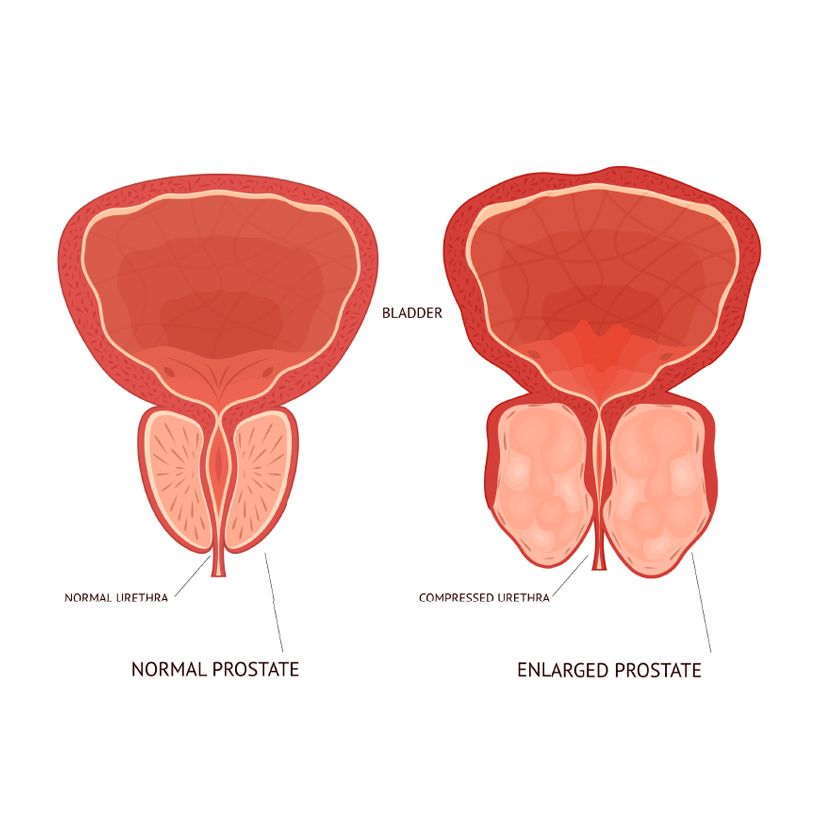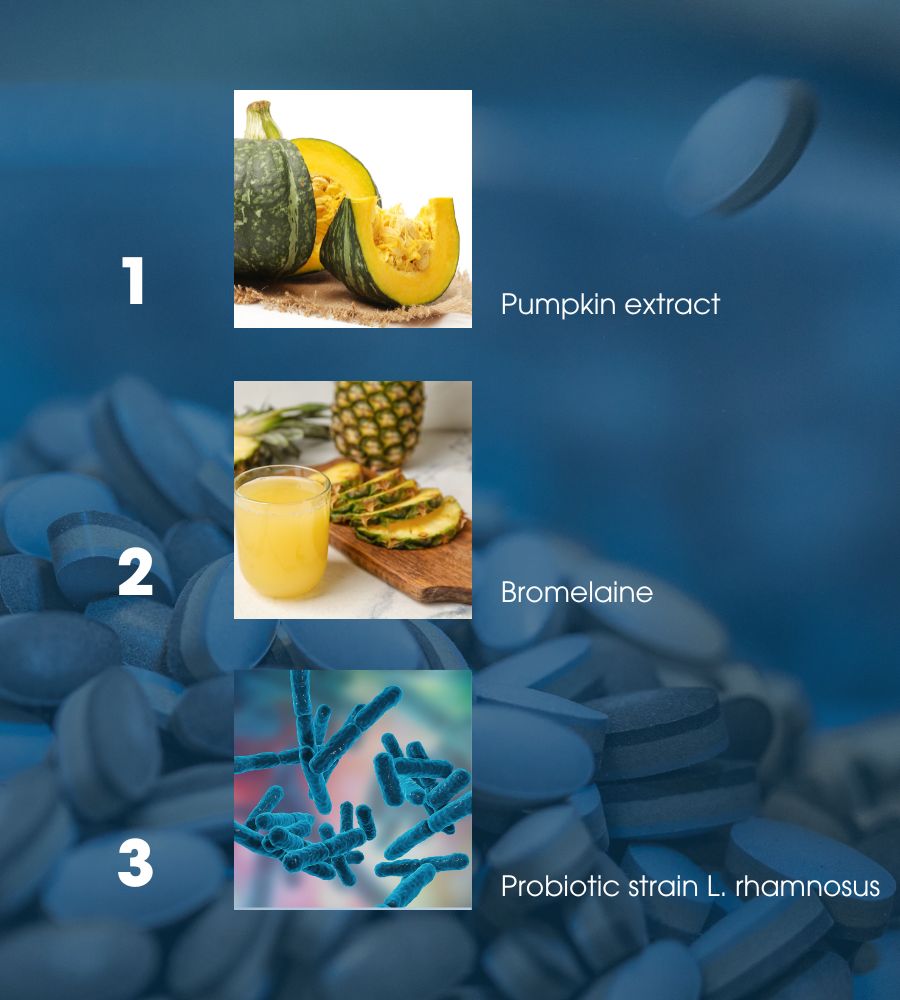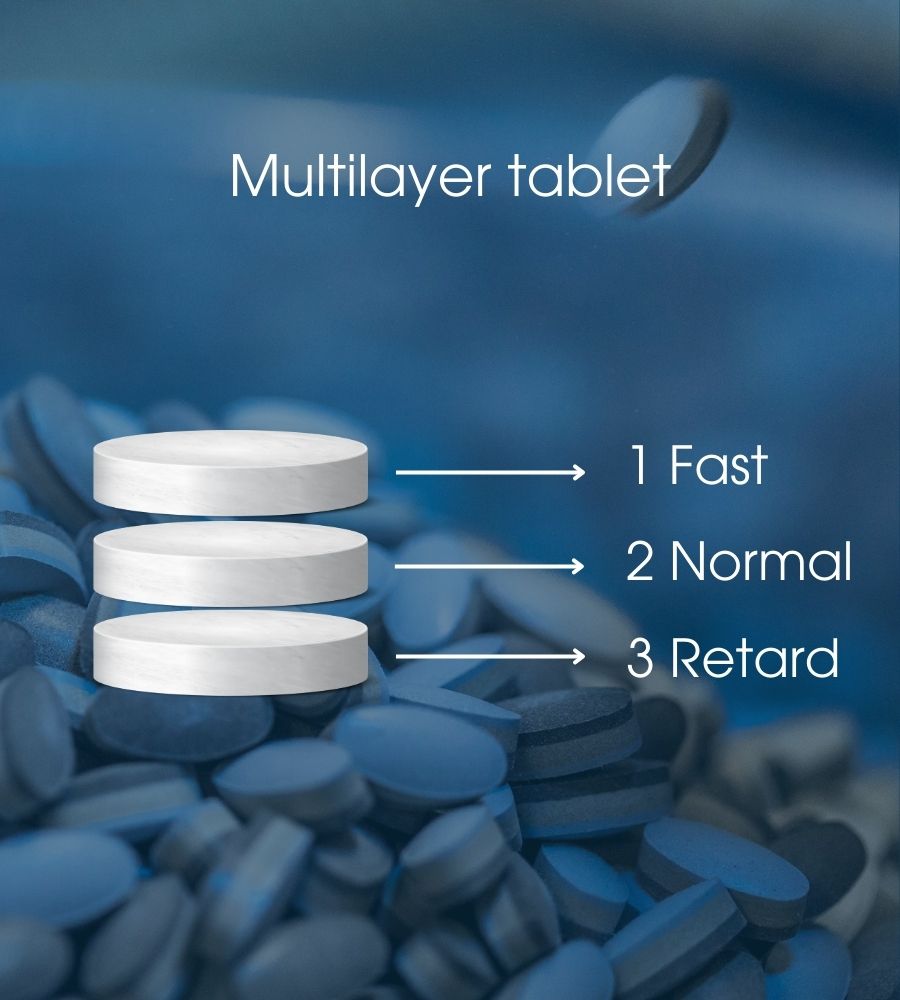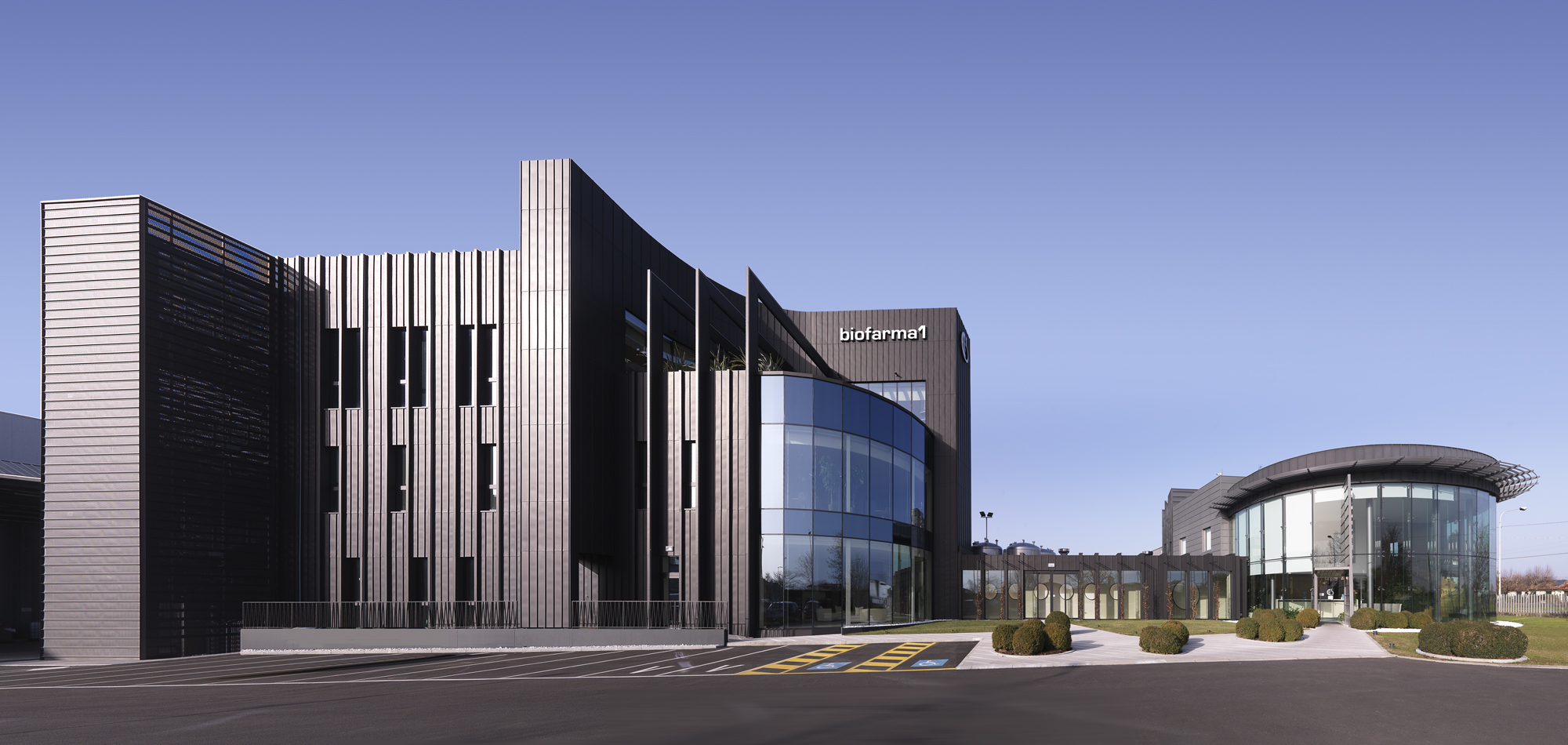

Bacterial prostatitis is men’s third most commonly found urinary tract disease after prostate cancer and benign prostatic hyperplasia (BPH).
However, in addition to these two diseases, which are predominantly diseases of older men, prostatitis affects men of all ages, with an exceptionally high impact on the middle age group.
More recent studies have shown that the incidence of prostatitis ranges from 3 to 16% in Europe, North America, and Asia. In these cases, half of them involve repeated episodes.
These data show that prostatitis is a significant global health problem. For this reason, the disease has become the subject of study by the Research and Development laboratories of Biofarma Group, which have observed, specifically, the anti-inflammatory effects of a nutraceutical on subjects suffering from this pathology.
Bacterial prostatitis (BP) is an acute prostate gland infection that causes urinary tract symptoms and pelvic pain.
Pathology can be classified into acute or chronic bacterial prostatitis according to the duration of symptoms. Acute BP is defined as a urinary tract infection (UTI) with prostate involvement. Chronic BP is defined as a recurrent UTI characterized by the presence of the same bacterial organism in prostatic secretions during asymptomatic periods and by persistent symptoms for more than three months.

The disease is commonly caused by Gram-negative bacteria such as uropathogenic Escherichia coli (UPEC). Still, an emerging prevalence of Gram-positive, atypical and anaerobic bacteria has also been reported (Mazzoli S, 2007) (Nickel JC, 2008). In particular, UPECs, through the expression of multiple virulence factors, such as fimbriae, lipopolysaccharides and toxins, can trigger a series of inflammatory responses in the host.
Symptoms of prostatitis are:
difficulty, pain or burning when urinating
need to urinate frequently and urgently, especially at night
pain in the groin, lower back, abdomen, penis, or testicles
pain during ejaculation
premature ejaculation.
In the case of acute prostatitis, symptoms may also include high fever, chills, and nausea. In contrast, symptoms of chronic prostatitis include blood in the urine and seminal fluid and frequent bladder infections.
Treatment of bacterial prostatitis involves completing a sufficient course of appropriate antibiotics.
Specifically, the agent used must have a demonstrated sensitivity against the infecting organism and penetrate the prostate, a fundamental characteristic to be considered for the selection of drugs.
Without evidence of systemic disease or urinary retention, an oral antibiotic for 2-4 weeks is generally sufficient in case of acute prostatitis, while in case of chronic prostatitis, multiple types of antibiotics are required, taken for several weeks (usually at least 2-4 weeks, with a maximum of 6).
In severe cases, intravenous antibiotics may be necessary, and surgery is often required.
In this scenario, dietary supplements can play an important role thanks to their adjuvant effect, i.e., the ability to offer further relief to patients who already use conventional treatment.
Nutraceuticals are defined as foods or food ingredients capable of preventing and treating diseases through the action of food supplements that compose them, which can be proteins, vitamins, minerals, or compounds derived from natural sources.
Numerous studies have shown that they contribute to delaying, preventing, and treating chronic inflammatory diseases. For this reason, the interest and use of these complementary therapies are becoming increasingly high in the case of prostate diseases.
It is evident that, in the case of bacterial prostatitis, inflammation can favour the progression of benign prostatic hyperplasia and the development of prostate cancer; therefore, nutraceuticals, which commonly have anti-inflammatory properties, can play a significant role and therefore represent enormous opportunities in the prevention and contrast of prostate disease.

Based on this evidence, the Research and Development laboratories of the Biofarma group have developed a nutraceutical with multilayer technology, which combines a specific probiotic with functional, active ingredients in the target of prostatitis.
Specifically, through an in vitro test published in the international journal of scientific studies “Life”, the anti-inflammatory efficacy of a formulation composed of pumpkin extract, bromelain, and the probiotic strain L. rhamnosus was tested.
Pumpkin extract has been selected as a component as it has a known anti-inflammatory action and can inhibit testosterone-induced prostate hyperplasia, as well as generate a relaxing activity on the bladder muscles, linked to the activation of nitric oxide, with a reduction in the frequency of urination and an increase in bladder capacity.
On the other hand, bromelain is used to efficiently treat many inflammation-related disorders, from osteoarthritis to inflammatory bowel diseases to inflammation related to cancer. This component exerts analgesic and anti-inflammatory properties thanks to its ability to influence the synthesis of prostaglandins. It is also associated with an antibacterial activity linked to the inhibition of the adhesion of bacteria to mucous membranes and a synergistic effect with antibiotics.
Using probiotics such as L. rhamnosus is a good alternative for treating and preventing urinary tract infections through several mechanisms, including attachment to uroepithelial cells and direct antimicrobial activity. In addition, L. rhamnosus can effectively inhibit E. coli and other pathogens responsible for bacterial prostatitis, as well as having efficacy in attenuating inflammation induced at the level of the prostate epithelium and fighting dysbiosis.
This probiotic strain also acts at the level of prevention: lactobacillus is commonly found in the oral cavity, in the gastrointestinal tract, and in the genitourinary tract, and a reduction in these components has been associated with an increase in the risk of urinary tract infections. A probiotic supplement is, therefore, an essential ally for preventing these infections.

To perform these functions, probiotics must arrive alive in the intestinal tract so that they colonize and multiply. To keep them alive, in addition to ensuring quality and quantity, a multilayer technology is used, which on the one hand, protects them and, on the other, allows them to be used in combination with other substances considered dangerous for the vitality of probiotics.
A single tablet allows you to obtain the benefits of the probiotic and the other active molecules administered. In fact, in the technology formulation, the probiotic is inserted in the second layer, physically separated from the other active ingredients arranged in different sections. In this way, the ferments do not come into complete contact with all those molecules that could compromise their shelf life through the action of particular phytocomplexes, acid or water molecules.
Another advantage of the three-layer technology is that it allows the differentiated release of the active molecules that make up the tablet in the various digestive districts.
The efficacy of the nutraceutical product composed of pumpkin extract, bromelain, and the probiotic strain L. rhamnosus was tested on a model of bacterial inflammation of the prostate epithelium in vitro, whose results highlighted the potential benefit of the tested formulation in the treatment of bacterial prostatitis.
In particular, the active ingredients present in the formulation target key cytokines released by macrophages activated by the pathogen and reduce the subsequent inflammatory response of prostate cells.
This result is noteworthy because the cytokines produced by innate immune cells represent an exciting target for therapeutic intervention against different inflammatory neoplasms; therefore, the tested formulation could be a useful therapeutic tool to address bacterial prostatitis often associated with prostate cancer's onset and progression.
Edited by:
Arianna Vanelli: R&D Manager
Stefania Murzilli: Scientific Specialist
Stefania Murzilli, Vincenzo Mirone, Marta Micheletto, Erik Tedesco, Giovanni Di Maira, Federico Benetti, Arianna Vanelli, “Evaluation of the Immunomodulatory Effects of a Probiotics and Natural Extract-Based Formulation in Bacterial-Induced Prostatitis”, Life (Basel) 2023 Jan 31;13(2):389. doi: 10.3390/life13020389;
Farhan Ullah Khan, Awais Ullah Ihsan, Hidayat Ullah Khan, Ruby Jana, Junaid Wazir, Puregmaa Khongorzul, Muhammad Waqar, Xiaohui Zhou, “Comprehensive overview of prostatitis”, Biomedicine & Pharmacotherapy, volume 94, October 2017, Pages 1064-1076
Mazzoli S., “Conventional bacteriology in prostatitis patients: Microbiological bias, problems and epidemiology” on 1686 microbial isolates. Ital. Urol. Androl.2007, 79, 71–75
Nickel, J.C.; Roehrborn, C.G.; O’Leary, M.P.; Bostwick, D.G.; Somerville, M.C.; Rittmaster, R.S. The Relationship between Prostate Inflammation and Lower Urinary Tract Symptoms: Examination of Baseline Data from the REDUCE Trial. Urol.2008, 54, 1379–1384.
